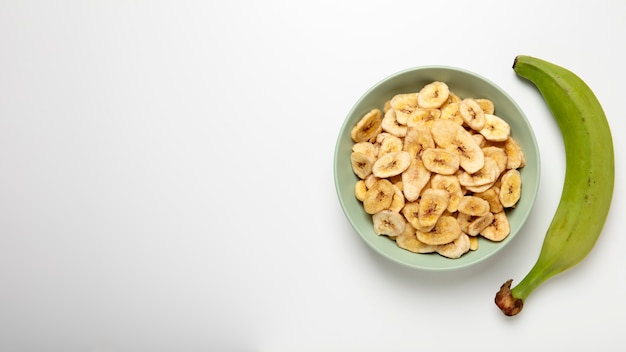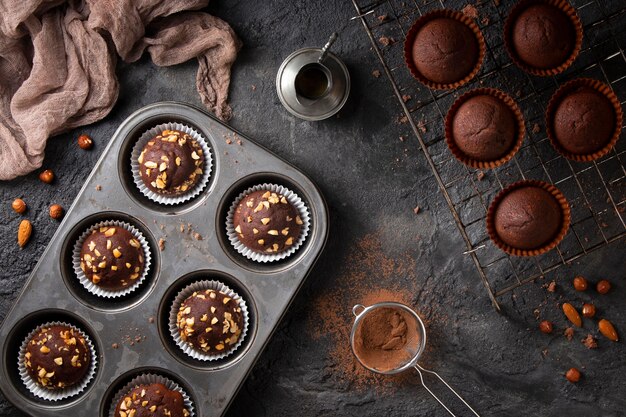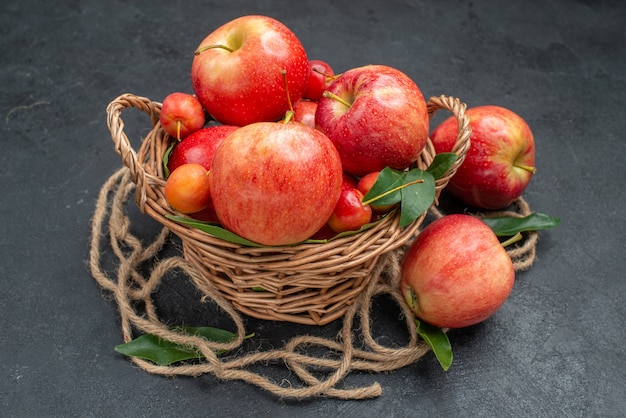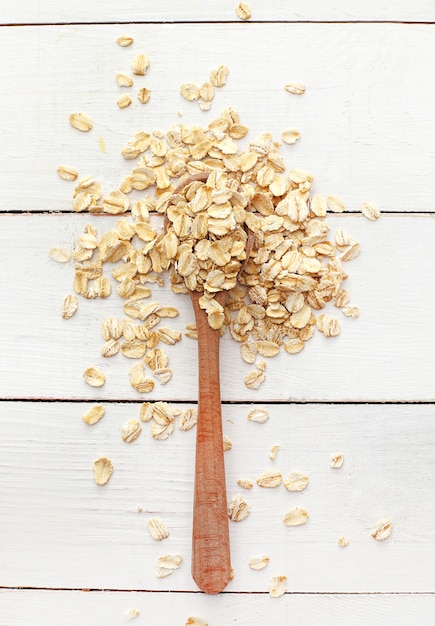Peanut butter is more than just a tasty treat. It’s full of nutrients that can support your health and fitness goals. Whether you enjoy it as a spread or in powder form, this versatile food has much to offer.
The Power of Peanuts
Peanuts, the main ingredient in peanut butter, are densely packed with protein. Every 100 grams of peanuts provide 26 grams of protein, a prime choice for promoting muscle growth and combating muscle loss. Peanut butter is a big hit among fitness enthusiasts for this reason.
Aside from protein, peanuts also contain high levels of dietary fiber which aids digestion and contributes to feeling full, beneficial for weight management. Peanuts also enhance thermogenesis, the bodily process of calorie-burning for heat, aiding weight loss.
The Versatility of Peanut Butter
There’s a variety of ways you can enjoy peanut butter. You can have it in the classic spreadable form or as powdered peanut butter, which is made by roasting peanuts and pressing out the oils, resulting in a low-fat product.
Natural peanut butter is a creamy spread made without any additives such as sugar, salt, or palm oil. It’s a healthier and tastier alternative to other spreads. If texture is your preference, there’s a chunky version available too. You can also try other nut butters like cashew or almond for a change of pace.
Nutritional Values and Storage Tips
Peanut butter isn’t just delectable; it’s also nutritionally dense. An average of 100 grams of natural peanut butter contains:
– Fat: 46 grams
– Carbohydrates: 12 grams
– Fiber: 8.5 grams
– Protein: 30 grams
– Vitamin E: 3.8 mg
– Magnesium: 180 mg
This composition makes peanut butter a nutrient-packed food, balancing proteins, fats, carbohydrates and providing essential vitamins and minerals.
For storing peanut butter, you should keep it in a cool, dry space, preferably a pantry. If it’s not often consumed, it鈥檚 best stored in the refrigerator. Just be sure to take it out a few minutes before use to make it more spreadable.
In conclusion, peanut butter is not just a scrumptious addition to your meals; it’s a versatile, nutrient-filled food that aids in maintaining a balanced diet and fitness goals. Whether you like it spread, powdered, or even as a protein bar, there’s a peanut butter product out there to cater to your preferences and nutritional requirements.






